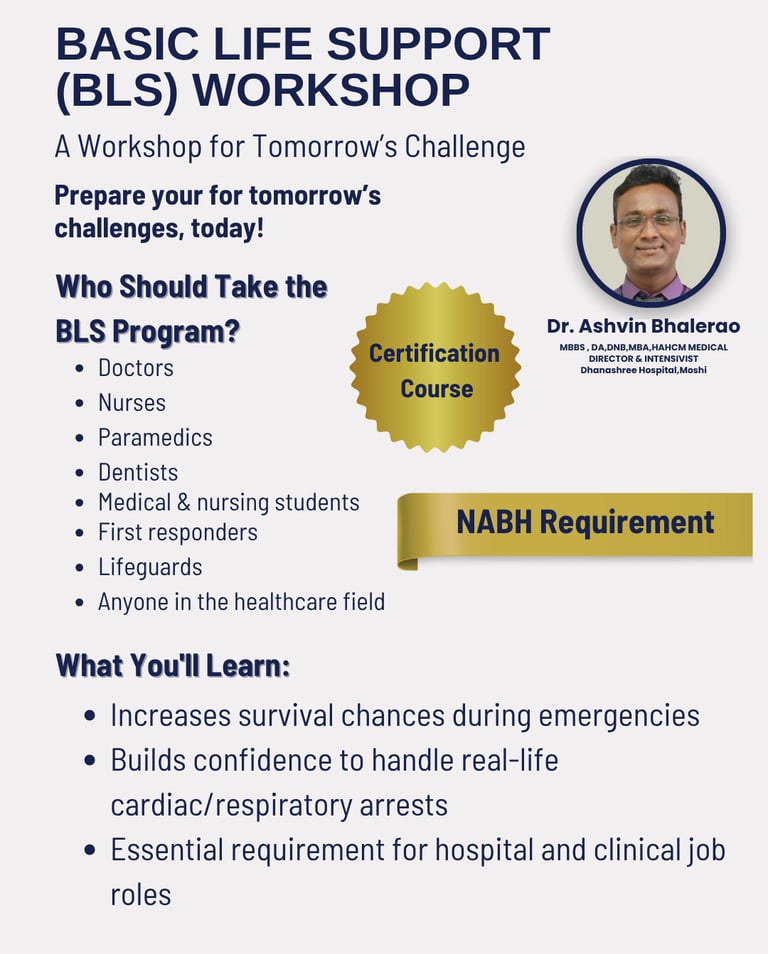BASIC LIFE SUPPORT(BLS) WORKSHOP
This one-day Basic Life Support (BLS) workshop is designed to equip you with the critical, life-saving skills needed to respond effectively in a medical emergency. In life-threatening situations like cardiac arrest, respiratory distress, or choking, your immediate actions can determine the outcome. This intensive, hands-on course provides essential training for healthcare professionals and first responders, focusing on rapid assessment and intervention.
You will master the core components of the "Chain of Survival," including high-quality Cardiopulmonary Resuscitation (CPR) for adults, children, and infants, proper airway management, and the proficient use of an Automated External Defibrillator (AED). Through a combination of expert-led instruction and practical sessions with manikins, you will build the competence and confidence to perform high-quality chest compressions and deliver effective ventilations. Upon completion, you will receive a certification and be prepared to act decisively, making a life-or-death difference when it matters most.
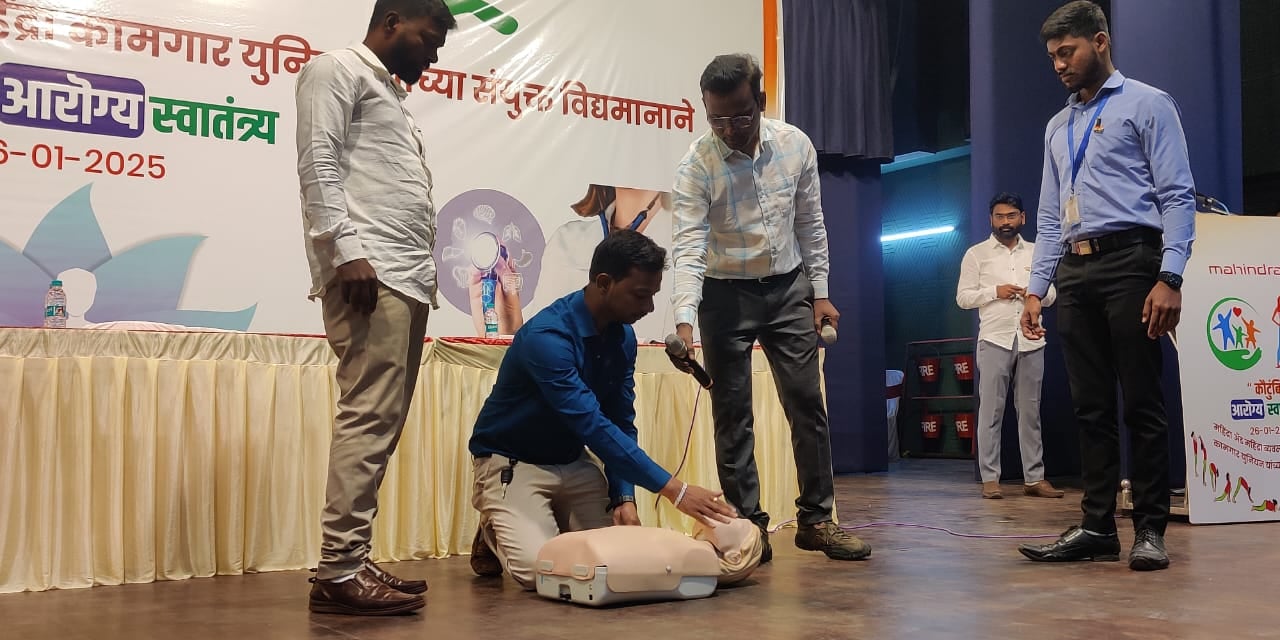

Our mission
To empower individuals and communities with essential life-saving skills through comprehensive Basic Life Support training, fostering a culture of preparedness and immediate response in medical emergencies. Our mission is to provide accessible, high-quality BLS education that enables participants to recognize life-threatening situations and respond confidently with evidence-based techniques.
Our vision
To create a world where no preventable death occurs due to lack of immediate basic life support intervention. We envision communities where every individual possesses the confidence, competence, and readiness to respond effectively in medical emergencies, transforming bystanders into lifesavers. Our vision encompasses a future where Basic Life Support skills are as fundamental as any essential life skill, universally accessible and regularly practiced.
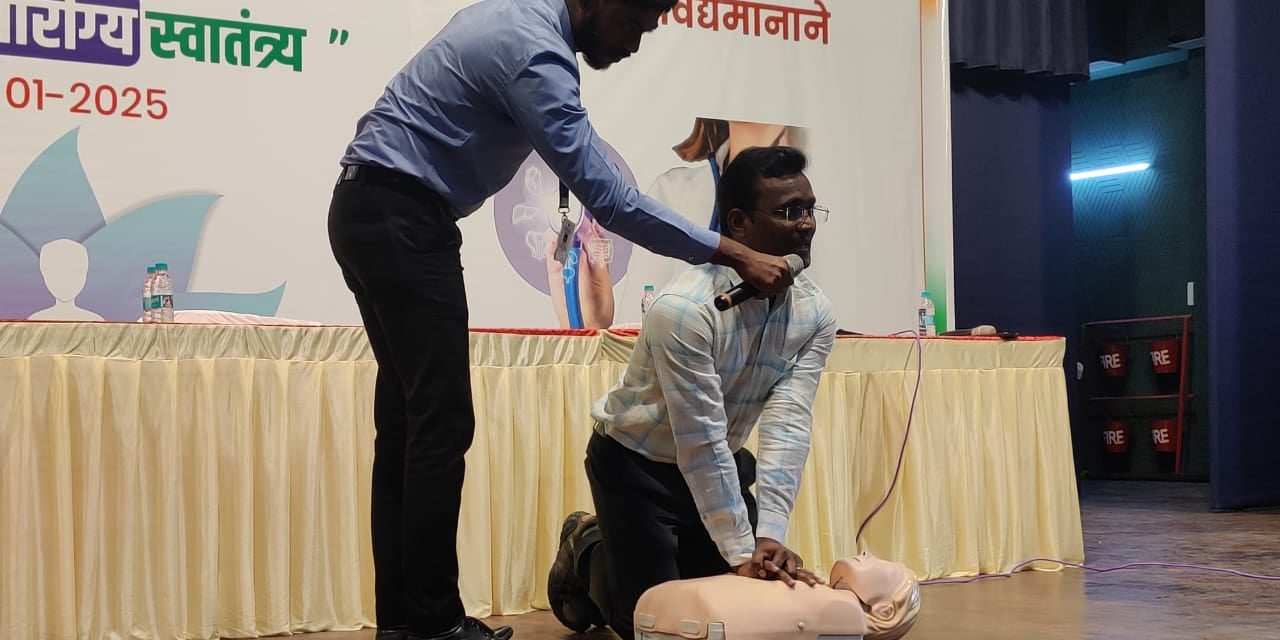

Our Workshop
We aspire to establish a comprehensive network of BLS-trained individuals across healthcare facilities, educational institutions, workplaces, and neighborhoods, ensuring that trained responders are always nearby when emergencies arise.
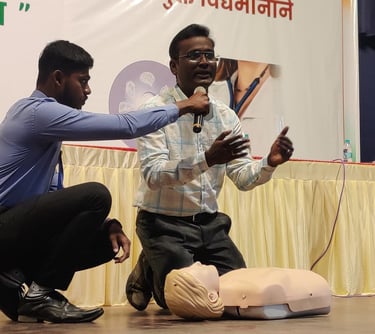

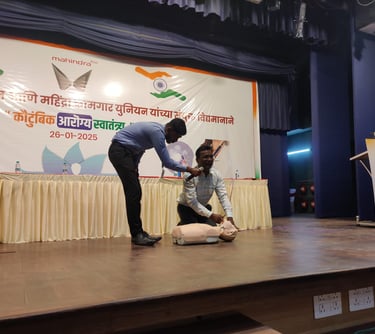



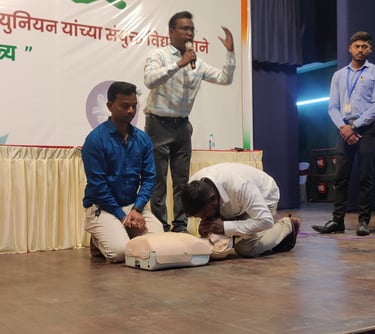

Get in touch
